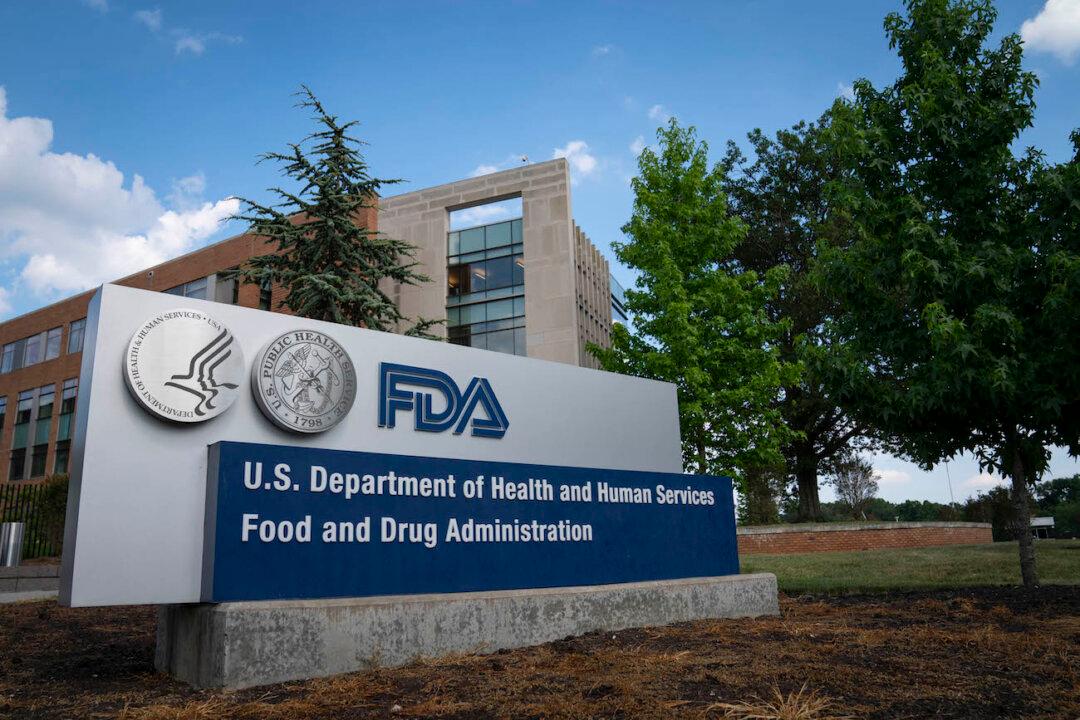Experts on June 15 recommended updating the COVID-19 vaccines due to the current slate performing worse against the XBB variant and its sublineages.
Advisers to the U.S. Food and Drug Administration (FDA) unanimously voted to recommend the FDA clear updated shots, less than one year after the vaccines were already updated due to concerns over waning protection.





